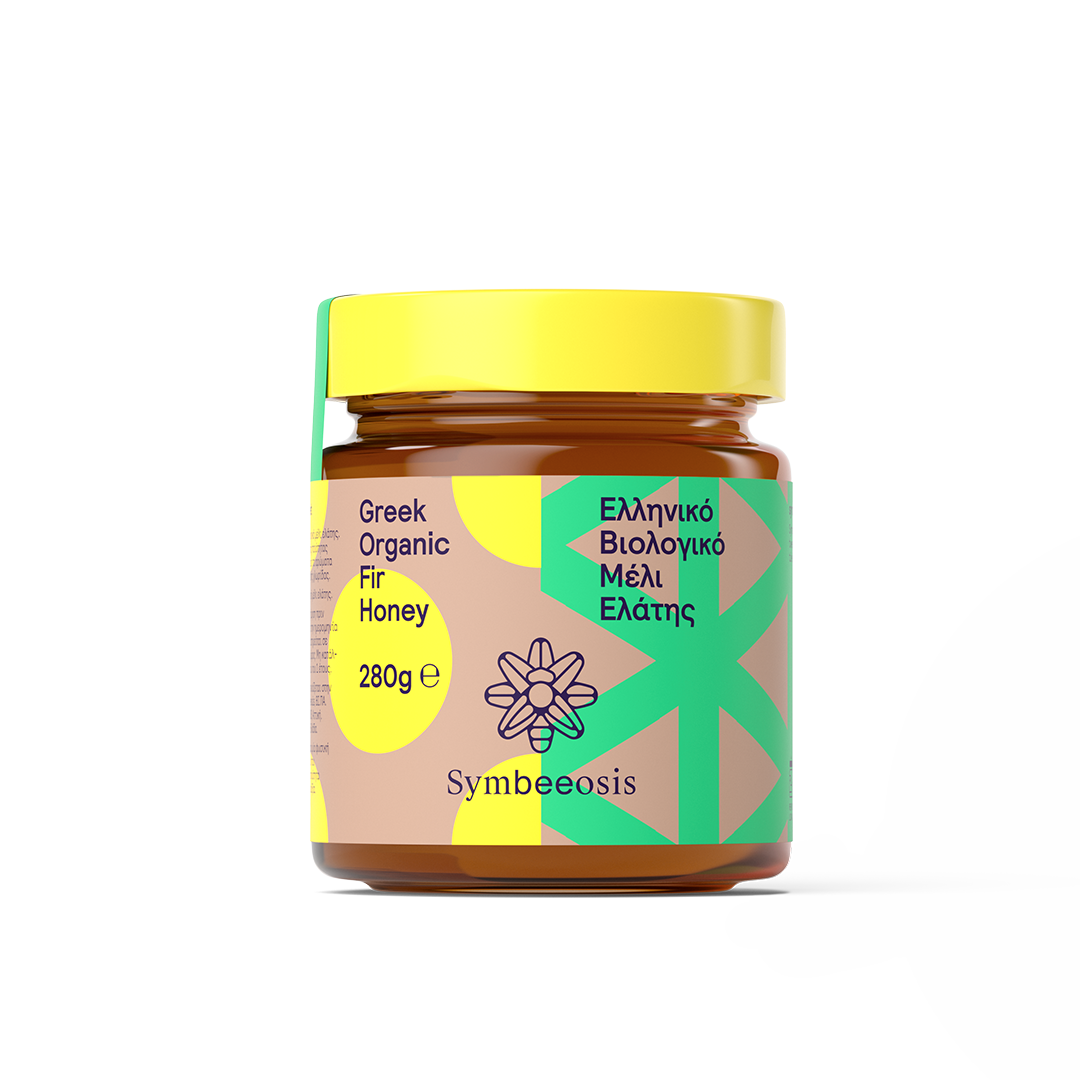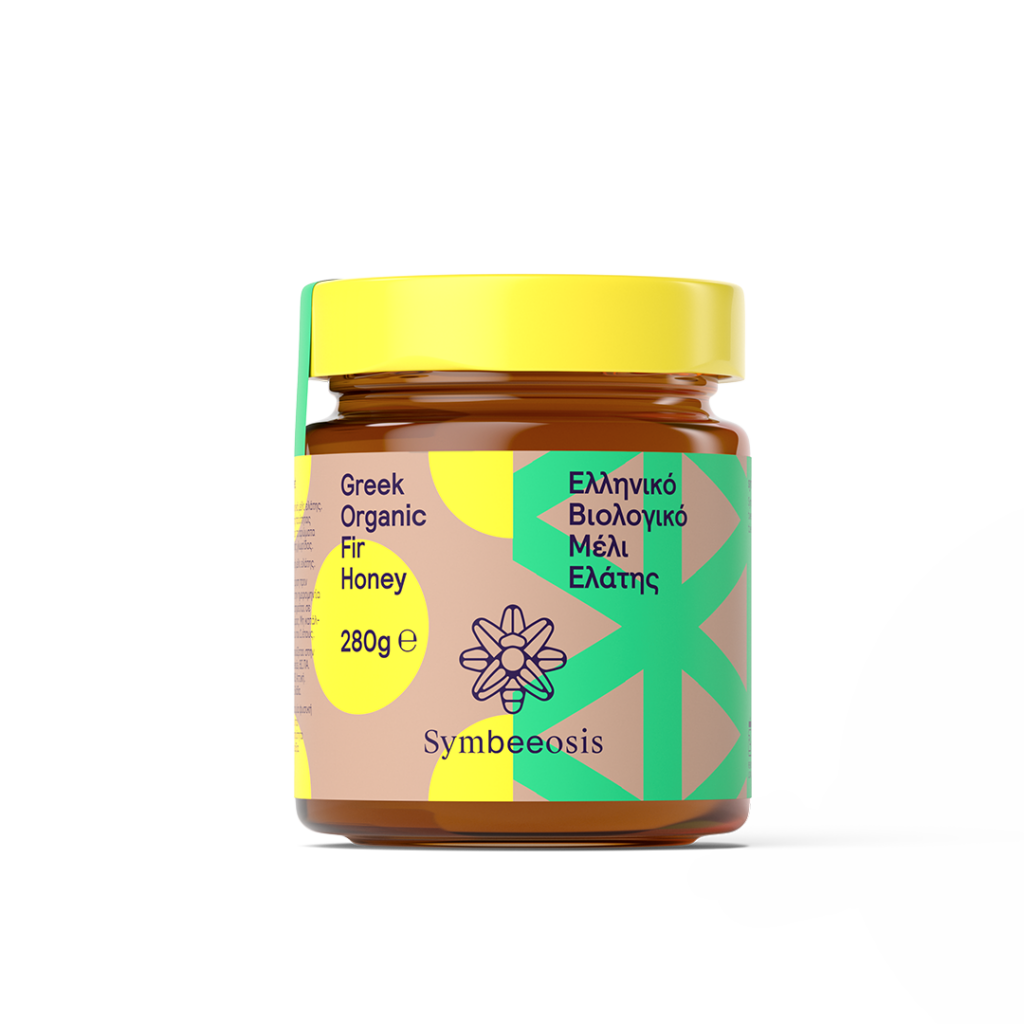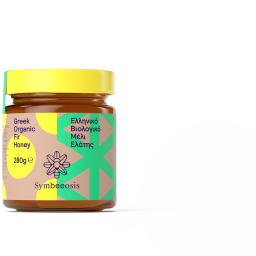 Items
Items




Fir honey, like all Greek honeys, is rich in polyphenols and phenolic acids, with significant antioxidant, antimicrobial & anti-inflammatory activity. It has a low glucose content, while at the same time it is rich in trace elements such as potassium, magnesium, phosphorus and iron.
Ingredients: 280g organic fir honey
Why organic honey
Organic honey is rich in nutrients as it contains vitamins, minerals, antioxidants and other nutrients that can benefit our health.
The production of organic honey requires the use of organic farming methods. This means that no synthetic fertilizers, pesticides or genetically modified organisms (GMOs) are used at all. Thus, its production does not harm the environment and even serves to reduce soil and water pollution. Organic beehives collect the nectar of the flowers and the honeydew, without coming into contact with antibiotics often used in conventional beehives. Organic honey is therefore completely free of chemical residues that may be found in conventional honeys.
Overall, choosing organic Greek honey helps protect the environment, promotes our health and supports the local economy. It is an excellent choice for our daily diet.

The colour of spruce honey varies depending on the region of origin, ranging from dark or light red to black. It has a high density which makes it very viscous. The low concentration of sugars contributes to its mild sweetness. It has a light aroma of fir and a spicy caramel taste of mild sweetness. At Symbeeosis our spruce honey comes from the Cephalonia fir (Abies cephalonica), with hives in the mountains of Nafpaktia and Elikonas of Biotia in Central Greece, as well as in mountains of Arcadia in the Peloponnese at an altitude of 1,000 meters, where the fir tree grows and dense fir forests develop. These are isolated areas, far from any human intervention, thus ensuring the purity of the raw material.
Symbeeosis organic fir honey is available in a 280gr jars made of glass that allow easy removal of the label. They can be recycled or reused as containers to store herbs, seeds and nuts, or as a pencil box.

14,80 €
423gFir honey, like all Greek honeys, is rich in polyphenols and phenolic acids, with significant antioxidant, antimicrobial & anti-inflammatory activity.
Choose up to two answers

